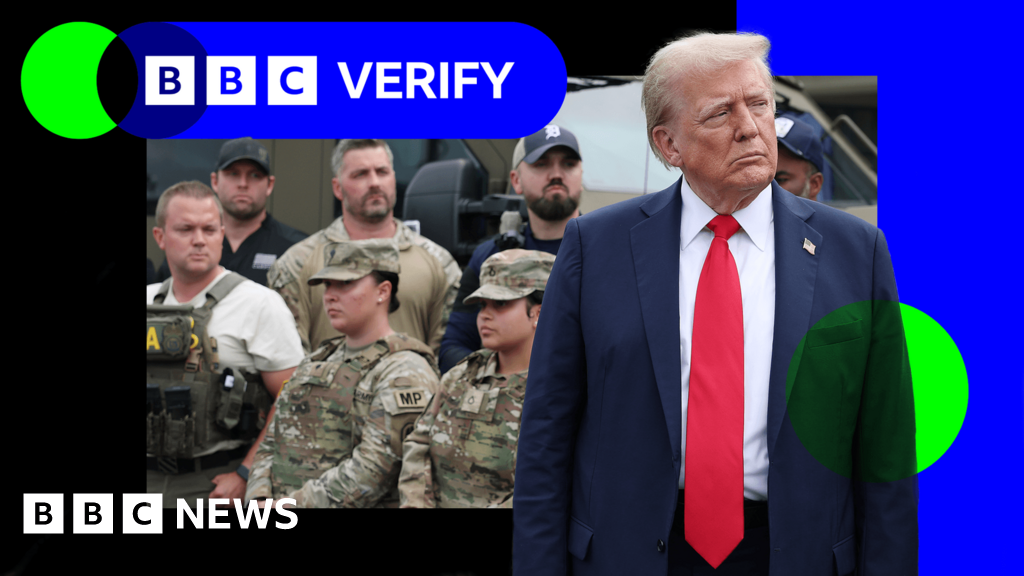Has Crime in Washington DC Fallen Due to Trump's Crackdown?
Amidst scenes of uniformed troops and armored vehicles at Union Station, President Trump's administration has initiated significant changes in Washington D.C.'s approach to crime. Following the declaration of a 'crime emergency', the government has made abrupt moves to take control of the city's police department, alongside deploying National Guard troops and various federal agents onto the streets.
Trump has claimed that his measures, which began on August 11, have already borne fruit. The numbers are down like we wouldn't believe, he asserted, emphasizing a recent stretch without reported murders—a mark he cites as unprecedented in decades.
However, scrutiny of actual crime statistics reveals a mixed picture. From August 12 to 26, rates of violent crime fell by 23%, recording only 75 incidents. Property crimes, including burglaries, saw a decline of about 25% over the same timeframe. Nevertheless, statistics also highlight a surge in reports of 'assault with a dangerous weapon' and an increase in instances of sexual abuse.
US crime analyst Jeff Asher warns that these reported decreases may not fully capture the reality. Reporting of crime always lags, suggesting that some of that decline may be artificially inflated. It takes around six weeks for incident-based reports to reflect accurate trends, he cautions.
Compounding the situation, more than 1,000 arrests have been made since the crackdown's beginning, with US Attorney General Pam Bondi announcing 1,007 arrests by August 25. However, critics assert that citing arrests as a measure of successful crime control is misleading, as it provides no guarantee of accountability through successful prosecutions.
Observers also note an increase in pressure on the court system. Increased arrests have resulted in heavier caseloads for DC's District Court, and some defendants are facing federal charges for what would typically be lower court matters, potentially leading to harsher penalties.
As Judge Zia M. Faruqui commented on the growing backlog, he emphasized the need to balance increased prosecutions with the protection of human dignity in the judicial process. The situation unfolds as the city contends with the nuances of crime statistics, public safety, and government intervention.




















